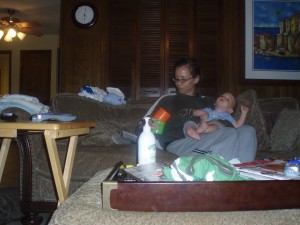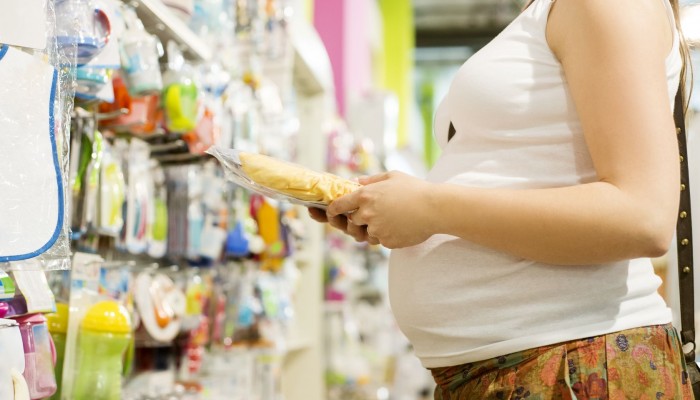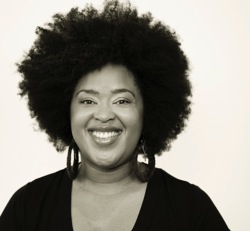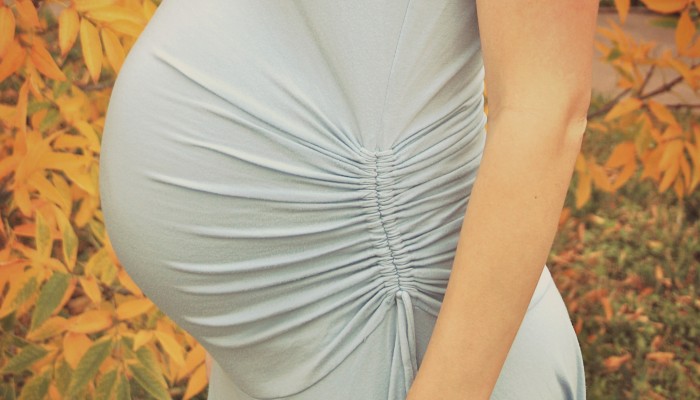Facebook and I have a love/hate relationship with each other. I love that I can now recognize the sweet faces of extended family when they pick me up at airports across the ocean. We don’t have to start from scratch when catching each other up on years of news. I also love coming across an article or a post that makes me think so hard my brain hurts. And there’s that handful of FB friends who really should have considered stand-up comedy, because their daily descriptions of the most mundane activities make me laugh so whole-heartedly, they test my bladder control.
What do I hate about Facebook? That a typical scroll through my news feed leaves me feeling left out and inferior. I can’t speak for your home page, but on mine, everyone appears to be more involved, more attractive, more fulfilled and more successful in whatever endeavor they happen to be doing at the time. FB feels like the Land of the Mores and I’m hanging out in the Village of Less Than. My friends and counseling clients report similar feelings, so much so that I have begun quietly lobbying for a new therapeutic diagnosis: Social Media Syndrome – when your Facebook, Instagram and Pinterest accounts make you feel like crap. (You’ll notice that I left out Twitter, because people who tweet tend to tell you when they are having a rotten day, therefore making you feel more mainstream.)
I came across a quote recently that summed up my Facebook experience:
The reason we struggle with insecurity is because we compare our behind-the-scenes with everyone else’s highlight reel. — Steven Furtick
Amen, Steven. Facebook is not known for being a place of transparency and rawness. It’s more akin to a polished online scrapbook in which people showcase their best photos and their best days, with witty captions attached. It used to be the magazines and movies that made us feel like we had to live up to a certain ideal. Now, it is frequently our own peer group. While sitting in our toy-filled, chaotic houses, many of us parents compulsively view our friends’ sanitized, customized, Instagram-ed greatest hits. It’s like daily torture for the psyche.
You would think with all of my whining, that I would have kicked Facebook to the curb. I haven’t. If I’m being honest, I enjoy editing and presenting my own carefully crafted highlight reel. It’s a little bit art form, a little bit news sharing, and a lot of trying to score as many “likes” as possible. Alas, I’m no better than the rest of ’em. Here’s an example of a pic that made my FB cut a few years ago:
The caption next to this photo read: Sunday brunch with my boys. After posting it, I got a gazillion “likes” and a whole stream of sweet comments, including “Gorgeous family!” “ Do you ever change?” “Cute boys.”
Now let me give you this photo’s must-have-happened back-story. My husband must have been home that morning which allowed me to actually take a shower, in peace. I’m wearing a dress, which means hubby gave me a few extra minutes to shave my legs. My hair is brushed and not pulled pack in a rubber band; apparently no one threw a tantrum or needed a time-out before I finished with the hair dryer. A Curious George episode might have been involved. Everyone appears to have slept through the night – my face doesn’t look gaunt or puffy. The photo was snapped right after we arrived at the venue because my sons’ outfits (Hello – what was I thinking with the white shirt??) are spotless. (I can guarantee you that a few minutes later, that white shirt was adorned with some large, ketchup-colored stain.) One of the boys is smiling. He must have been excited about the dessert he was about to get. The other boy isn’t smiling, but hey, he isn’t crying, yelling, hitting or running. Score!! Take the photo, quick!!
Aaaand, we captured the perfect moment.
Most of our moments are not perfect. In fact, they are far from perfect. Since we’re being real here, I’ll share some parenting pics that didn’t make it to Facebook. And for good measure, I’ll attach the captions that could have been:
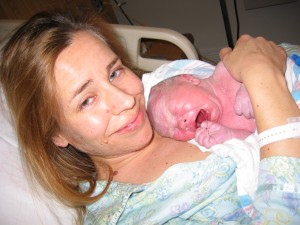
I just squeezed out a gigantic, screaming infant and I’m exhausted, but isn’t he gorgeous?
.
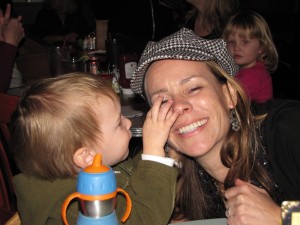 Yes, my nostrils, eyes and hair are fun to stick fingers in. All of the time. Said no mom ever.
Yes, my nostrils, eyes and hair are fun to stick fingers in. All of the time. Said no mom ever.
.
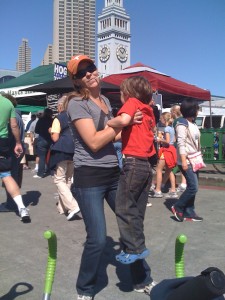
You are a man-child and you really want me to hold you? Ok, c’mon up baby.
.

Is his life jacket suffocating him? Is he too hot? Can my worry lines get any more creased?
.

Stick a fork in me, I’m done. Kids are finally in bed. Don’t touch me. Don’t come near me. Don’t even come close enough to focus that camera. Just. Don’t.
.
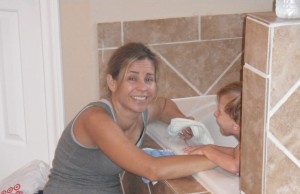
Yes, we’re doing bath time, for the 245th time this year. Need anything?
This is my favorite, clearly taken by a four year old. I call it, “A Typical Day in the Life”, complete with teething baby, glasses, sweats, folded laundry, stacking cups and…mess.
So there you have it, my behind-the-scenes. They’re not pretty, they’re not shiny and they didn’t make the Facebook cut. But they are real and authentic, and they’re my life.
When my clients complain about the insecurities that social and mainstream media trigger for them, I encourage them to envision the back-stories. For every perfect photo, there are ten outtakes that were not so perfect. Even actress Olivia Wilde admitted that her infant son peed all over her couture dress during her latest breast-feeding photo-shoot for Glamour. After being a therapist for many years, and having hundreds, maybe thousands of clients sit on my couch, I’ve observed that everyone has their pee-accidents, their gunk and their bad days. Everyone. Sometimes the folks that look the shiniest and most polished on the outside are the messiest on the inside.
Ten years ago we admired our friends’ scrap books and special photo albums once a year, if that. Now we look at them every hour. Limit your usage and take breaks from social media when needed. Or get off of Facebook and social networks all together if they are bringing you down. That will give you more time to enjoy your own messy outtakes and unique lifetime movie. It might not be perfect, but it’s all yours. And that equals perfection in my book.
Here’s to sanity and pee-soaked couture,
Kirsten
Yes, that is a posed, Photoshopped head-shot pictured above. (Part of my highlights reel, for sure.)
And now that I have completely bashed social media, here is your opportunity to share. ; )


